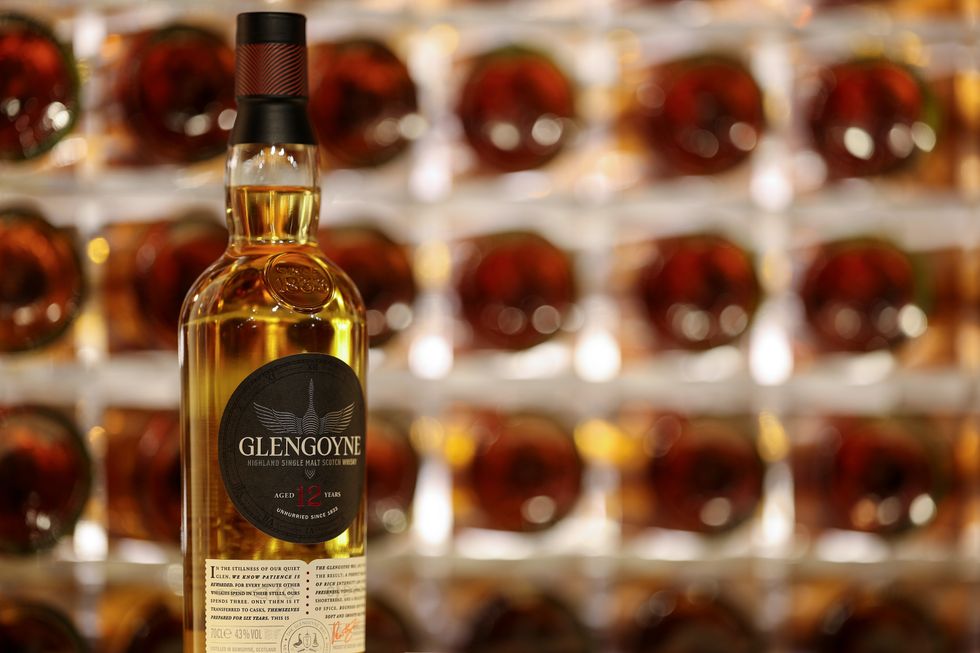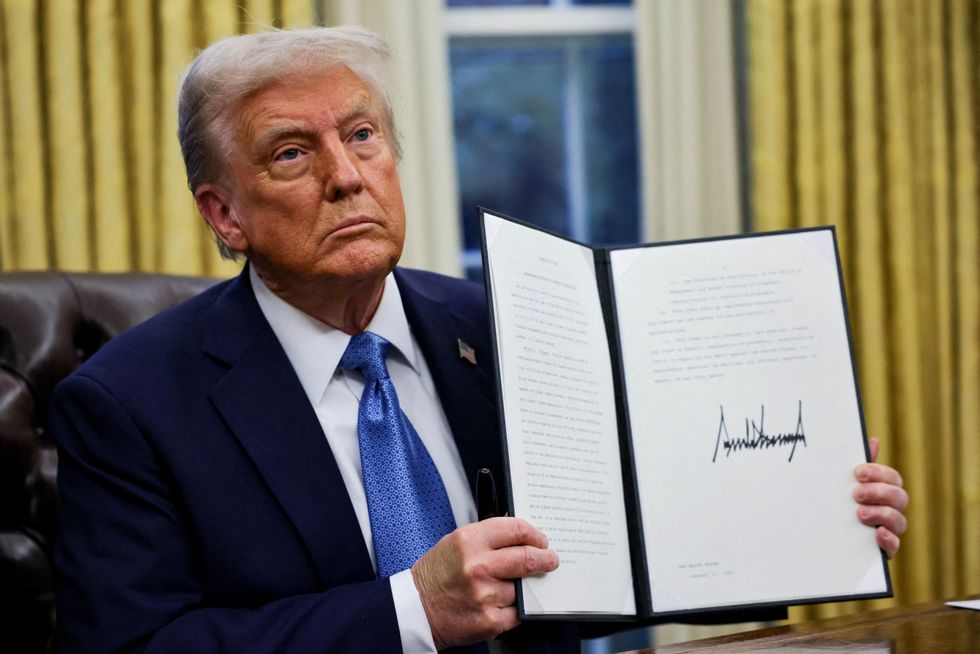INDIA does not want to give any signal that it is protectionist, the top bureaucrat in the finance ministry said, after slashing import duties on high-end motorcycles, amid US president Donald Trump’s moves on tariffs.
Trump has ignited a trade war with sweeping tariffs on Canada, Mexico and China. None were aimed at India, although Trump had called it a tariff abuser during his election campaign last year.
“We don’t want to give anybody any signal that we would like to be protectionist,” finance secretary Tuhin Kanta Pandey said in an interview after the budget, unveiled last Saturday (1). “Our stance is that we don’t want to increase protection.”
Trade and immigration issues will take centrestage when prime minister Narendra Modi meets Trump next week.
India’s budget cut import tariff slabs, reducing average basic customs duties on scores of items such as raw materials for domestic industries like textiles and automobiles, Pandey added.
Average import tariffs on essential goods, mainly items of food and raw material, range from zero to five per cent, while those on capital goods range from 7.5 per cent to 10 per cent, with about 10 items in higher tax categories, he said.
Trade analysts were not convinced the cuts were sufficient, however.
“India’s average tariffs are still much higher compared to the United States, Japan and China,” said Ajay Srivastava, founder of Global Trade Research Initiative, a think tank based in Delhi.
While India was slashing peak rates of basic customs duties used for international comparisons, it was adding various surcharges on imports, implying that the total tax burden remained high, he said.

India slashed custom duties on motorcycles, such as those from Harley-Davidson, with engine capacity of 1,600 cc or more, to 30 per cent from 50 per cent on fully-built imports in the budget, which Pandey said also cut average tariffs to 11 per cent from 13 per cent.
“We should give the right signal for the world, as well as to our own industry,” Pandey added, saying the tariff measures aimed at helping domestic companies initially, but would be phased out as those industries developed.
Trump’s administration also upped the ante by recently raising the issue of undocumented Indians living in the United States, a topic on which India’s foreign ministry has said it is in dialogue with US authorities.
A US official, speaking on the condition of anonymity, said a C-17 aircraft had departed this week for India with migrants aboard but would not arrive for at least 24 hours. The Pentagon has started providing flights to deport more than 5,000 immigrants held by US authorities in El Paso, Texas, and San Diego, California.
In relation to the UK, Trump said although Britain was “out of line” when it came to trade he thought it may be able to avoid tariffs, adding of the imbalance: “I think that one can be worked out.”
A British government spokesperson said earlier on Monday the US was an indispensable ally and close trading partner.
“We have a fair and balanced trading relationship which benefits both sides of the Atlantic,” the spokesperson said. “We look forward to working closely with President Trump to continue to build on UK-US trading relations for our economy, businesses and the British people.”
However, Scotland’s export-focused whisky industry is concerned as the US remains the primary export market for Scotch whisky, accounting for £1 billion ($1.2bn) per year.

Scotland’s whisky industry is well-acquainted with the toll of tariffs, having suffered a £600 million hit during Trump’s first term. Few spirits companies are talking aloud about the unpredictable US president’s policies.
Diageo, producer of Johnnie Walker whisky, scrapped on Tuesday (4) a key sales target over Trump’s tariff plans, but other giants Pernod-Ricard and William Grant have remained silent on the subject.
The industry’s lobby, the Scottish Whisky Association, has expressed only delight at the prospect of working with Trump.
Chancellor Rachel Reeves said she’ll make the case to Trump that Scotch whisky should be spared from tariffs.
“Trump is very proud of his Scottish roots and Scotch whisky is obviously a really important part of the Scottish economy,” Reeves said in an interview at the recent World Economic Forum.




















